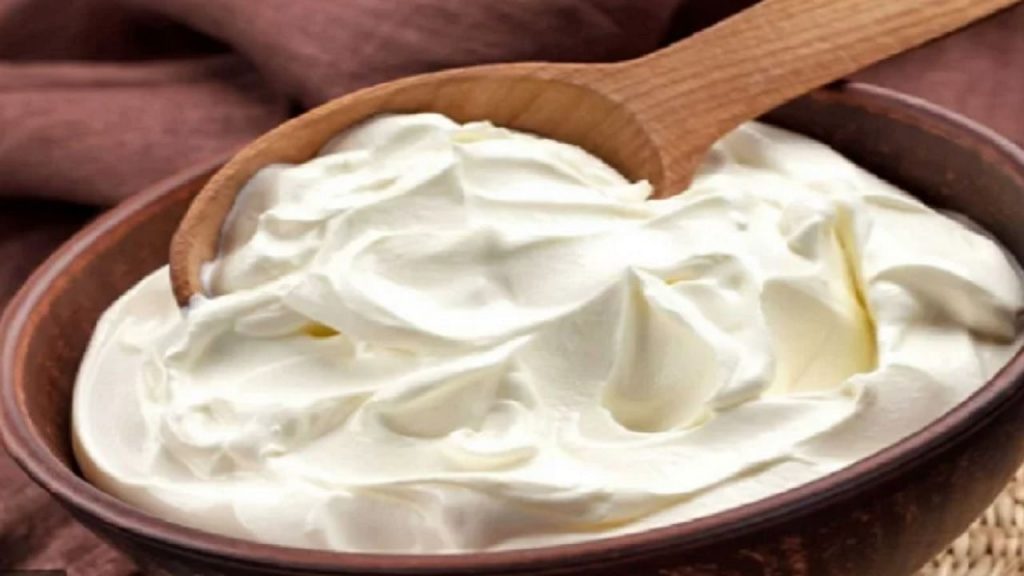While Eating Curd, Avoid making these Blunders!!
Since Vedic times, the creamy, slightly sour curd has been a component of our diet and that of our forefathers. Curd is consumed post-meal or as part of a meal by people throughout India to improve their digestive health and immunity. There are numerous ways to consume this milk product, including curd rice, raita, Dahi-cheese, and yogurt.
Curd, which is made by naturally souring boiled milk, has a wide variety of bacteria that help to nourish our digestive systems and increase our overall immunity. It can also be used as a healthy milk substitute for lactose intolerant people, as it meets their calcium and phosphorus needs. With the help of enzymes present in fermenting bacteria, lactose in milk is transformed into lactic acid.
Curd is high in riboflavin, Vitamin A, Vitamin B6, Vitamin B12, and pantothenic acid, as well as lactic acid, which aids in nutritional absorption.

To receive the most health advantages from curd, Ayurveda prescribes a set of guidelines. Dr. Dixa Bhavsar, an Ayurveda specialist, explained the curd mistakes to avoid.
“Ayurveda claims that Curd has a sour flavor, is hot to the touch, is heavy to digest (takes longer to digest), boosts fat (excellent for weight gain), improves strength, raises Kapha and pitta (reduces Vata), and improves Agni (digestive force) “According to the expert.
Dr. Bhavsar, on the other hand, recommends avoiding the following when eating curd:
- Heat should not be applied to curds. Heating causes it to lose its characteristics.
- People with obesity, Cough problems, blood disorders, and inflammatory illnesses should avoid curd.
- Curd should not be eaten late at night.
Curd isn’t something you should eat every day. Churned buttermilk with added spices such rock salt, black pepper, and cumin is the only variant that can be consumed regularly.
- Curd should not be mixed with fruits because it is a channel blocker incompatible food. Consumption for a long period could result in metabolic problems and allergies.
- Meat and fish are incompatible with curd. Toxins will be produced in the body if curd is cooked with meats such as chicken, mutton, or fish.
So, if you want to eat curd, do so only once in a while, in the afternoon, and moderation, says Dr. Bhavsar.






